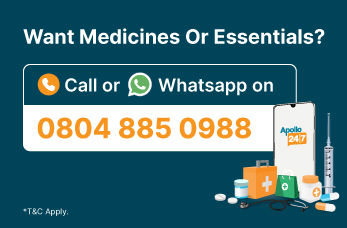- Home
- Blog
- Mom & Baby Care
Pneumonia In Children: Know All About Its Causes, Symptoms And Treatment
Mom & Baby Care
Pneumonia In Children: Know All About Its Causes, Symptoms And Treatment
By Apollo 24|7, Published on- 04 October 2022, Updated on -28 November 2022
Share this article
0
1 like

Did you know that pneumonia is the biggest infectious cause of death in children globally? According to the data collected by UNICEF, pneumonia results in the death of more than 800,000 children, below the age of 5, every year. This means, every 39 seconds, a child dies due to pneumonia.
What is Pneumonia?
Pneumonia is an acute respiratory infection of the lungs caused by viruses, bacteria, fungi, or chemical irritants. It is a secondary illness that develops post a bacterial or viral illness. In pneumonia, the small sacs in the lungs called alveoli, which are normally filled with air, get filled up with fluids like pus, mucus, or phlegm. This makes it hard for children to breathe and causes them to cough.
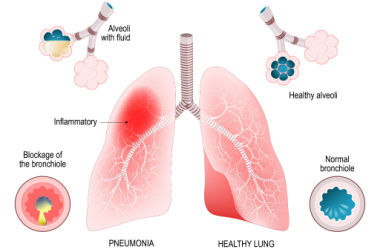
What Causes Pneumonia in Children?
Pneumonia is caused by several infectious agents including bacteria, viruses and fungi. While children suffering from viral pneumonia showed milder symptoms that manifest over time, the symptoms of bacterial pneumonia are sudden and more severe.
How is Pneumonia Transmitted?
Pneumonia can be transmitted and spread in many different ways. Three of the most common means of pneumonia transmission include:
- Inhalation of bacteria and viruses commonly found in children’s throats or noses.
- Inhalation of air-borne droplets from a sneeze or cough of an infected person.
- Contamination through blood, especially during birth.
What are the Symptoms of Pneumonia in Children?
The symptoms of pneumonia can depend upon the underlying cause. Symptoms of bacterial pneumonia tend to manifest suddenly in the form of:
- Cough that produces mucus
- Vomiting or diarrhoea
- Pain while coughing
- Loss of appetite
- Fever
- Fatigue
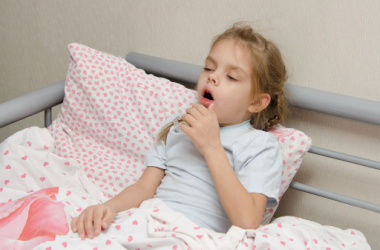
Viral pneumonia's early symptoms are similar to those of bacterial pneumonia. However, in the case of viral pneumonia, breathing problems occur slowly. In such cases, children may wheeze and their cough might get worse. Apart from the above-mentioned symptoms, children suffering from viral pneumonia may also have:
- Chills
- Headache
- Fast or hard breathing
- Fussiness
Notably, many of the symptoms of pneumonia resemble those of several other health problems. To ensure the correct diagnosis and timely treatment, it is highly advisable to consult with a doctor at the first sign of any of the symptoms.
Are Some Children More at Risk of Catching Pneumonia?
Most healthy children can fight pneumonia with the help of their natural defences. However, kids with compromised immune systems are more susceptible to developing this infection. The immune system of a child can be weakened due to malnourishment (seen in infants who aren’t exclusively breastfed) or pre-existing conditions like measles, cancer and HIV. In addition, environmental factors that may make a child more prone to pneumonia include:
- Indoor air pollution due to heating or cooking with biomass fuels like dung or wood
- Parental smoking
- Living in crowded homes
Treatment of Pneumonia in Children
Bacterial pneumonia is typically treated with oral antibiotics. The prescription of antibiotics depends on the type of bacteria that has caused the infection as antibiotics do not work in the case of viral pneumonia. However, flu-related pneumonia can be treated with antiviral medicine in the early stages. Some other treatment measures that can help ease the symptoms include:
- Consuming More Fluids: When suffering from pneumonia, keep your child hydrated by giving them small amounts of fluids to drink frequently.
- Plenty of Rest: To ensure recovery and avoid relapse get adequate rest. It’s wise to talk to your child’s doctor about when they can go back to their normal routine.
- Install a Cool Mist Humidifier in the Child’s Room: Cool mist humidifiers can not only help in easing your child’s symptoms like coughing but also aid in clearing their nasal passages to facilitate easy breathing.
- Medicine for Cough: Coughing non-stop can prevent your child from sleeping and getting enough rest. Taking over-the-counter available cough medications can ease the path to recovery.
- Medicine for Discomfort and Fever: Getting your child’s temperature back to normal is essential to speed up recovery.
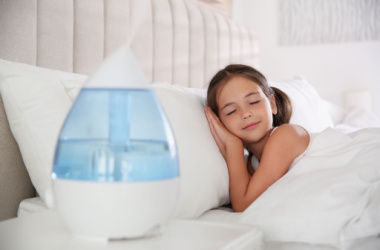
If the child has severe breathing problems, suffers from a lasting high fever, requires oxygen support, or can’t take medicine orally due to vomiting, hospitalisation might be required. In-hospital treatments would include:
- Oxygen therapy
- IV (intravenous) antibiotics for bacterial infection
- IV fluids and electrolytes to provide nutrition to the child
- Frequent suctioning of the thick mucus
Prevention of Pneumonia in Children
There are several preventive measures you can take against pneumonia, some of which include:
- Make sure to vaccinate your child against Influenza, measles, pneumococcus, and whooping cough (pertussis) to reduce their susceptibility to pneumonia.
- Make sure to exclusively breastfeed your child for the first six months after birth to improve their natural immunity.
- Try to keep your child as far away from anyone with symptoms of respiratory infection, which include sore throat, cough, and stuffy or runny nose.
- You can also help prevent pneumonia in your children by encouraging good hygiene. Teach them to always cover their mouth and nose when sneezing or coughing. Remind them to wash their hands often.
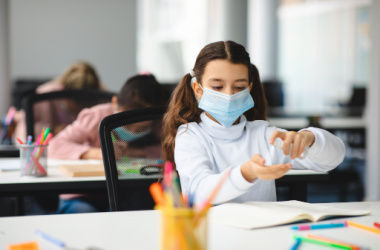
Pneumonia is a serious but fully treatable infection. Take your kid to a doctor as soon as you notice symptoms of a respiratory infection. Consulting with a paediatrician can help in a quick diagnosis and timely treatment.
Wish to talk to an expert?
Consult an Apollo Paediatrician
Medically reviewed by Dr Sonia Bhatt.
Services
Mom & Baby Care
Leave Comment
Services
Recommended for you

Mom & Baby Care
Is Constipation In Newborn Babies Normal?
Newborns infrequently develop and suffer from constipation. Constipation is having bowel motions less than 2 times a week and/or the faeces are pebble-like. Learn how to detect constipation in your newborn and what can you do about it.
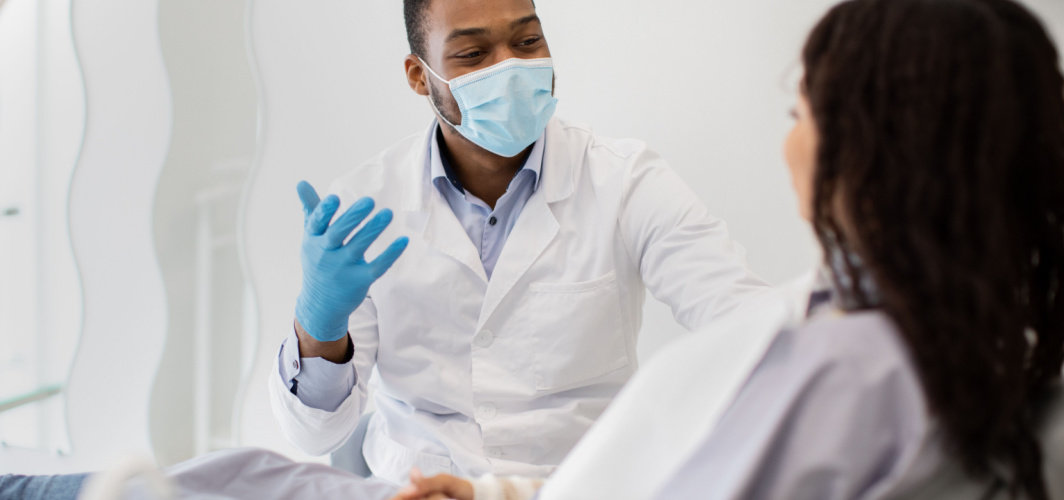
Mom & Baby Care
What Happens In A Normal Vaginal Delivery?
Normal vaginal delivery is a natural process that does not require any advanced medical interventions. However, it brings along its own set of benefits and complications. Read on to know more about it.
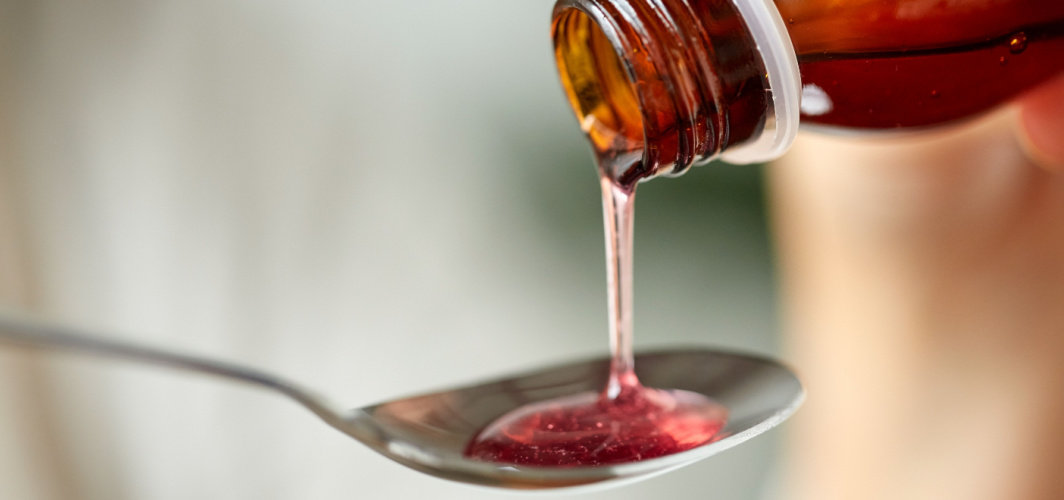
Mom & Baby Care
Is Zincovit Syrup Safe For Children?
Discover the benefits of Zincovit syrup for your child's health. Learn about essential nutrients and lifestyle factors for optimal growth and development.
Subscribe
Sign up for our free Health Library Daily Newsletter
Get doctor-approved health tips, news, and more.

